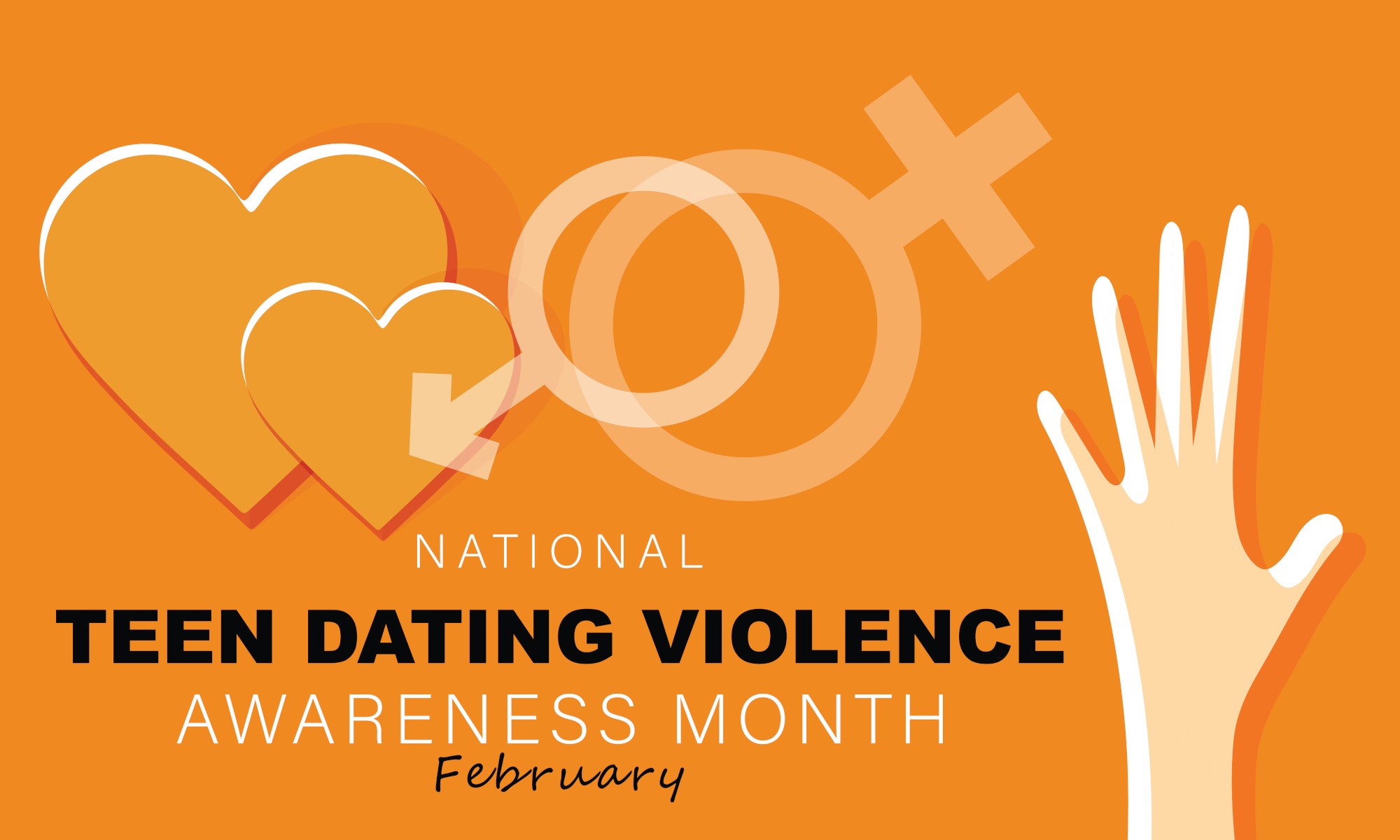Physical and Sexual Dating Violence Among Teens
Teenagers date, have significant others, have romances, and have flings – but you know that, because you’re a teenager and you see it every day.

You may not need a CDC study to confirm what you already know, but a large-scale, national report shows that just under seventy percent of high school students across the country dated or went out with someone in the year before taking the survey.
What you might not know – or do know but don’t like to think about – are these facts:
- Almost ten percent of students who dated report being physically hurt by the person they were involved with.
- Physically hurt means being:
- Hit or punched
- Slammed into something
- Injured with an object or a weapon.
- Over ten percent of students who dated report being forced to do sexual things against their will.
- “Sexual things” included:
- Kissing
- Touching
- Being forced to have intercourse
Maybe you do know these things. Maybe you’re in a relationship where none of these things ever happen. But maybe you or one of your friends or peers are at risk and you can’t see the warning signs. Maybe your significant other has a temper, acts controlling, or displays other behaviors you write off because of your feelings for them. Let’s be clear: compassion and empathy are virtues – but if someone is showing classic signs that may lead to violent behavior it is not your job to fix them. It’s your job to protect yourself. Which means leaving the relationship immediately and telling an adult about what’s happening.

Warning Signs of Dating Violence
Romantic relationships can be highly intense, which can make them confusing. One minute, you can feel so much joy and love for your partner, and the next, you’re feeling hurt and alone. So, how can you tell if a relationship is violent or abusive? Look out for these warning signs in you or someone you love:
- Physical Injuries: Unexplained bruises, cuts, or injuries.
- Isolation: Withdrawal from friends and family, limiting social interactions.
- Controlling Behavior: Excessive jealousy, possessiveness, or attempts to control activities.
- Verbal Abuse: Insults, name-calling, or demeaning language.
- Manipulation: Using guilt, threats, or coercion to get one’s way.
- Unpredictable Mood Swings: Frequent and extreme changes in mood.
- Excessive Monitoring: Constant checking of phone, social media, or whereabouts.
- Explosive Anger: Uncontrollable outbursts of anger or rage.
- Forced Sexual Activity: Non-consensual sexual acts.
- Fearful Behavior: Appearing anxious, jumpy, or scared in the presence of a partner.
Teen Violence Dating Quiz: Are You at Risk?
The following questions are adapted from The Teen Violence Dating Quiz published on the website Teen Violence Statistics. If you think you or one of your friends is in a dangerous or risky relationship, use the following questions to determine if the relationship is abusive.
Note: though dating violence happens to girls more often than boys, it does happen to boys – that’s why this post, and the quiz below, are intentionally gender-neutral.
In the relationship, does the significant other:
- Get jealous when you spend time or become friends with other people?
- Attempt to control what you wear?
- Attempt to control what you do?
- Attempt to control who you spend time with?
- Try to keep you from doing things you enjoy?
- Demand constant contact, such as frequent check-in calls, texts, or instant messages?
- Dive into full-on commitment right away?
- Profess love after a very short time?
- Demand you commit, become exclusive, or profess love after a very short time?
- Force or pressure you to do sexual things before you’re ready?
- Say things like, “If you loved me, then you’d __.”
- Manipulate you emotionally?
- Lash out at you when they’re angry or moody?
- Blame you for their moods?
- Enjoy rough or dominating types of play, such as wrestling or holding you down?
- Act violent or aggressive toward other people you know?
- Violently damage objects or property in front of you, in response to your words or actions?
- Threaten to harm themselves if you break up with them?
- Actually harm themselves when you pull away or ask for space?
- Hit, punch, push, grab, restrain, or use physical force against you in any way?
How to Interpret Your Answers
If you, a friend, or a peer answer yes to any of the questions above, it’s time to take an objective look at the relationship. If you have an adult you trust, talk to them about your answers, even if it’s awkward or uncomfortable. Adults have valuable perspectives on these matters that can help you decide what’s dangerous and what’s not. For instance, an immediate profession of love, alone, might not be a red flag. Romance is real, and love at first sight happens. But when combined with “yes” answers to other questions, an instant “I love you, let’s be exclusive!” could be a serious warning sign.
And finally, if anyone ever threatens you with physical violence in a dating/sexual situation, or hits, punches, or uses physical force against you in any way, leave immediately. Find an adult, tell them what happened, and sort things out later, when you’re nowhere near that person. It may be hard to walk away from someone for whom you have strong feelings, but trust us on this one: it’s the best thing you can possibly do.






